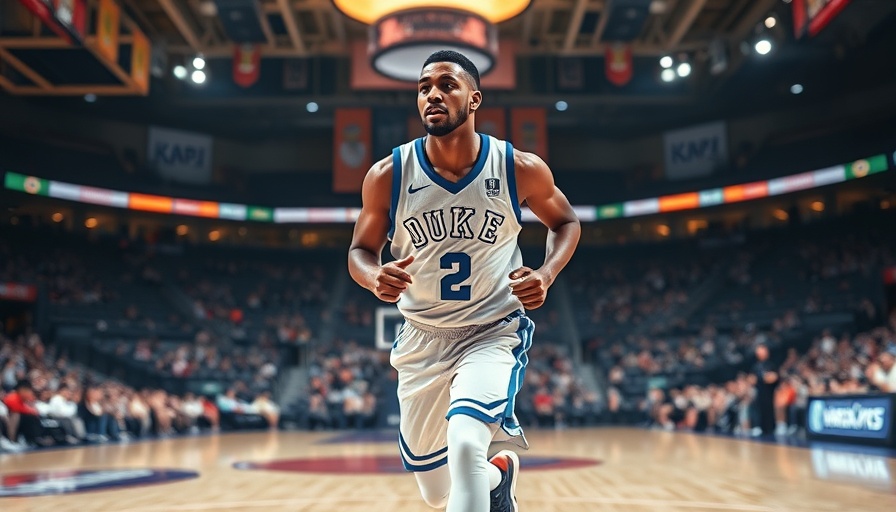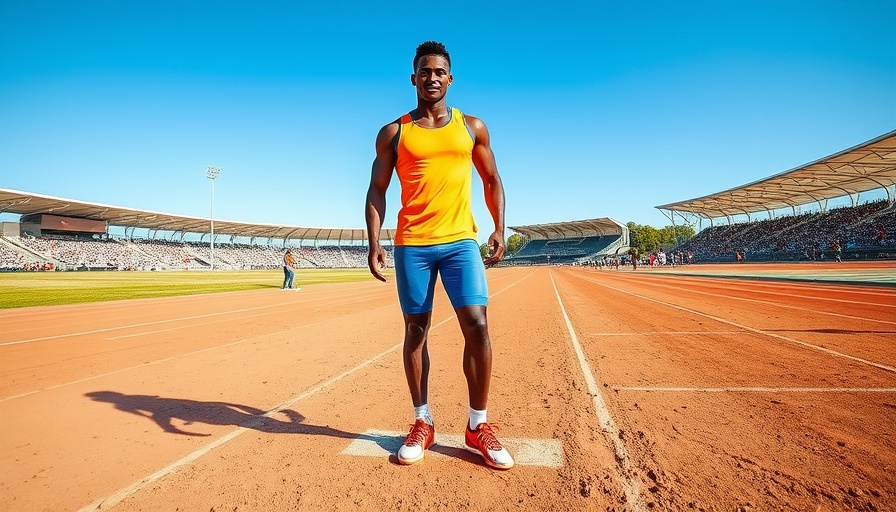
A Troubling Ruling: The Impact on South Sudanese Athletes
The recent decision by U.S. Secretary of State Marco Rubio to revoke visas for South Sudanese passport holders has sent shockwaves through the collegiate sports community, particularly affecting Duke’s basketball standout, Khaman Maluach. At just 7-foot-2, Maluach is not only a projected NBA lottery draft pick but also a symbol of hope for many South Sudanese youth who see in him a path to stardom, given his talents and the challenges he has overcome.
Understanding the Context
The visa revocation, effective immediately, is a consequence of South Sudan's government failing to accept the return of its nationals who have been expelled from the U.S. in a timely manner. This ruling places Maluach's future in jeopardy, especially as he navigates the transition from NCAA basketball to the NBA draft—a time that should be filled with optimism and opportunity. Instead, the looming threat of deportation casts a shadow over his achievements and aspirations.
The Broader Implications for Duke Athletics
Duke University’s administration has publicly acknowledged the ruling and is actively working to understand its implications for all students on South Sudanese passports. Frank Tramble, a university spokesman, stated, “We are looking into the situation and working expeditiously to understand any implications for Duke students.” This proactive approach showcases Duke's commitment to its athletes, yet it also highlights a significant vulnerability within the sports world where regulations and political decisions can unpredictably alter a young athlete’s career trajectory.
Khaman Maluach: A Beacon of Resilience
Maluach’s journey to Duke is a compelling story of resilience. Having fled South Sudan during a brutal civil war, he lived in Uganda before earning a spot on the South Sudan Olympic basketball team. His story symbolizes the aspiration many immigrants hold for a better future. As he stands on the brink of professional basketball, the uncertainty surrounding his visa status could disrupt not just his future but also the dreams of countless fans who look up to him.
Potential Outcomes: What Lies Ahead?
The question remains: what outcomes can we expect from this situation? If the visa revocation remains enforced, Maluach could face significant hurdles in his attempts to stay in the U.S. and pursue his NBA ambitions. On the other hand, advocacy efforts may emerge from communities and organizations that rally to support athletes affected by these policies. The situation underscores the need for reforms in immigration policy that consider individual circumstances, especially for young athletes whose lives can be drastically affected by administrative decisions.
Community and Identity: Why This Matters
This issue transcends basketball. It touches upon the identities and experiences of immigrant communities in the United States. The plight of Maluach—an athlete who represents a nation struggling for recognition—is a stark reminder of how sport intersects with broader social issues. His success story can inspire a youth movement, giving hope amid adversity.
A Call to Action: Stand With Khaman
As fans and supporters of sports, we have the power to make our voices heard. Engaging with community organizations that advocate for immigrant rights or supporting initiatives that seek to change the narrative around immigration policies are ways we can all contribute. It’s crucial to ensure that athletes like Khaman Maluach—who embody hope, talent, and resilience—are not sidelined by bureaucratic hurdles.
The journey that Khaman Maluach represents is one of perseverance amid adversity, and it calls on all of us to reflect on how we can support those navigating such challenges. By staying informed and advocating for sensible reforms, we can help pave a better path forward for future generations of athletes.
 Add Row
Add Row  Add
Add 




Write A Comment